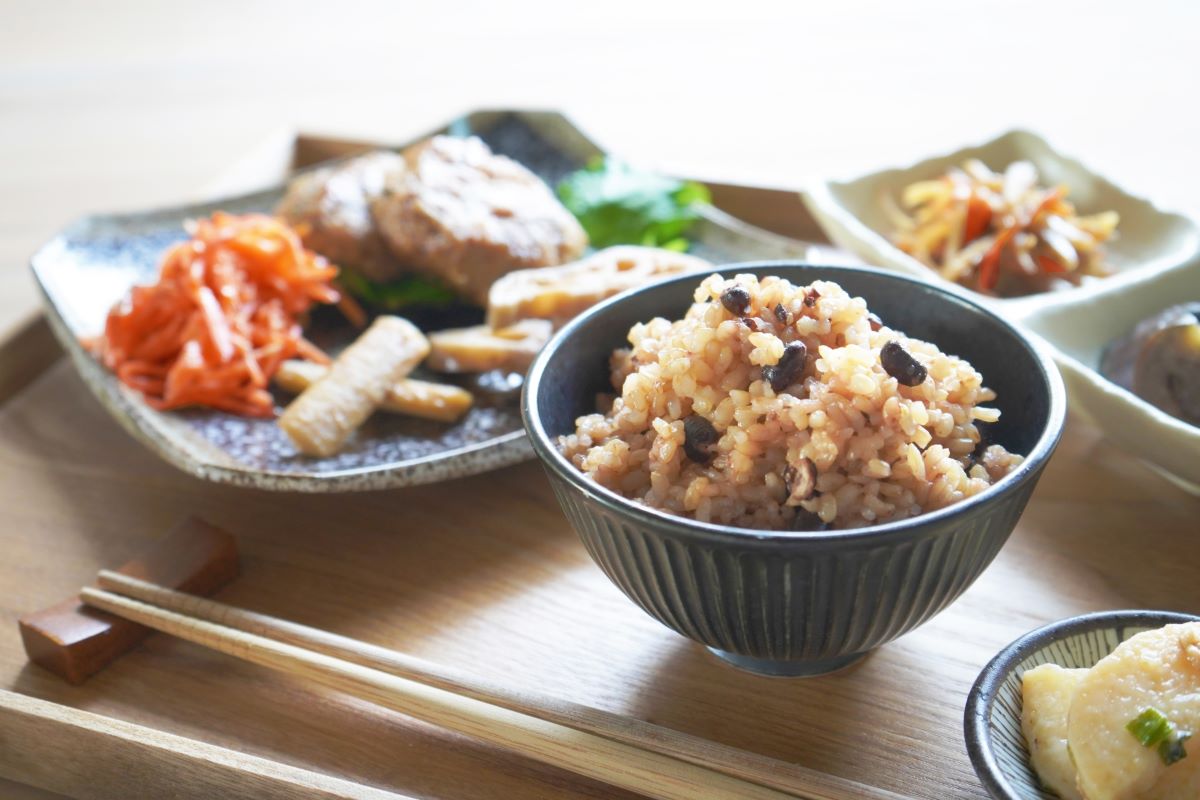1. What Are Butyrate-Producing Bacteria?
Butyrate-producing bacteria are a group of beneficial microbes in your gut that generate butyric acid, a short-chain fatty acid known for its powerful health effects.
Butyrate supports the integrity of the gut lining, reduces inflammation, and may improve conditions like IBS, Parkinson’s disease, and even mental health issues.
However, modern diets often lack the fiber and nutrients these bacteria need to thrive. That’s why choosing the right foods can make a real difference.
2. Why Butyrate Is Important for Your Health
Butyrate serves as the main energy source for colon cells. It also helps:
- Protect the gut lining from damage
- Reduce intestinal inflammation
- Improve bowel regularity
- Strengthen the gut-brain axis
- Possibly slow progression of neurodegenerative diseases
Without enough butyrate, your gut health—and possibly your overall well-being—may suffer.
3. Top Foods That Support Butyrate-Producing Bacteria
To encourage the growth of butyrate-producing bacteria, focus on foods that are rich in dietary fiber, resistant starch, and polyphenols. Here are some great options:
- Oats – full of beta-glucans and resistant starch
- Barley – a top fiber source in Japan and Europe
- Green bananas – high in resistant starch (ideal when slightly unripe)
- Onions and garlic – contain inulin, a natural prebiotic
- Soybeans and tempeh – support both gut bacteria and protein intake
- Seaweed – offers both fiber and minerals
- Cabbage and burdock root – classic Japanese gut-friendly vegetables
These ingredients can help create an environment where butyrate-producing bacteria flourish naturally.
4. Easy Ways to Add These Foods to Your Diet
Incorporating gut-friendly foods doesn’t have to be complicated. Try these simple ideas:
- Oatmeal for breakfast – Add flaxseeds and berries for bonus fiber
- Miso soup with seaweed and tofu – A classic Japanese superfood combo
- Barley rice mix – Cook white rice with a spoonful of barley
- Banana smoothie – Use green bananas with almond milk and cinnamon
- Ginger stir-fry with cabbage and onions – Boosts flavor and prebiotics
The key is consistency, not perfection. Small daily habits make a big difference over time.
5. Conclusion: Support Your Gut, Support Your Life
Increasing butyrate-producing bacteria is a gentle yet powerful way to improve your gut health.
You don’t need supplements or strict regimens—just natural foods, eaten regularly.
By focusing on fiber-rich and fermented ingredients, you’re giving your body a chance to heal, stabilize your digestion, and potentially improve brain and immune function as well.
Gut health isn’t a trend. It’s a foundation for long-term vitality.
Start today with a simple bowl of oats or a spoonful of miso—and let your microbiome thank you.
📚 References
- Louis P, Hold GL, Flint HJ. The gut microbiota, bacterial metabolites and colorectal cancer. Nat Rev Microbiol. 2014.
https://doi.org/10.1038/nrmicro3344 - Silva YP, Bernardi A, Frozza RL. The role of short-chain fatty acids from gut microbiota in gut-brain communication. CNS Drugs. 2020.
https://doi.org/10.1007/s40263-020-00731-z - Scott KP, Duncan SH, Flint HJ. Dietary fibre and the gut microbiota. Nutr Bull. 2013.
https://doi.org/10.1111/nbu.12009 - Bindels LB et al. Resistant starch can increase butyrate-producing bacteria in humans. Am J Clin Nutr. 2015.
https://doi.org/10.3945/ajcn.114.089003 - Slavin J. Fiber and Prebiotics: Mechanisms and Health Benefits. Nutrients. 2013.
https://doi.org/10.3390/nu5041417 - Gibson GR, Roberfroid MB. Dietary modulation of the human colonic microbiota: introducing the concept of prebiotics. J Nutr. 1995.
https://doi.org/10.1093/jn/125.6.1401 - Unger MM et al. Short chain fatty acids and gut microbiota differ between patients with Parkinson’s disease and age-matched controls. Parkinsonism Relat Disord. 2016.
https://doi.org/10.1016/j.parkreldis.2016.01.019


